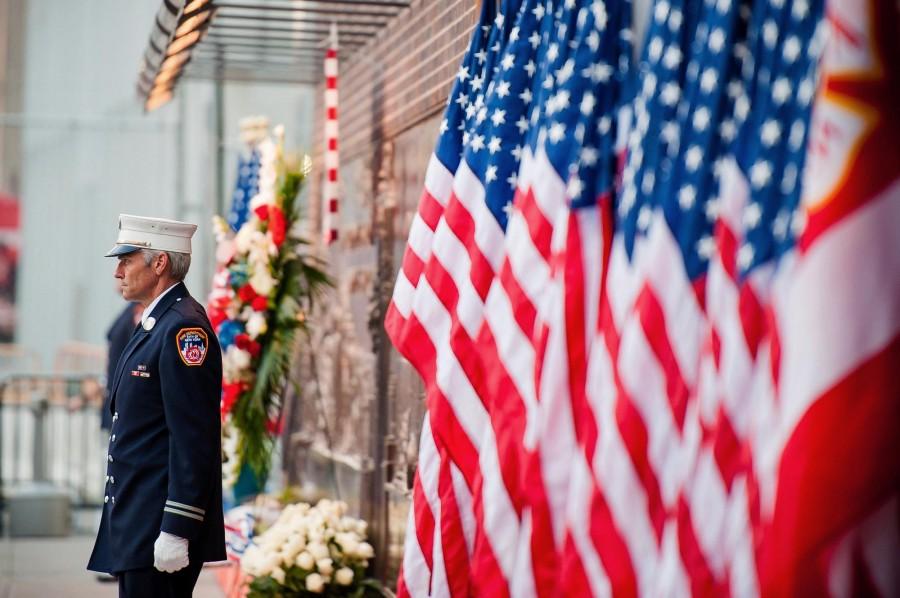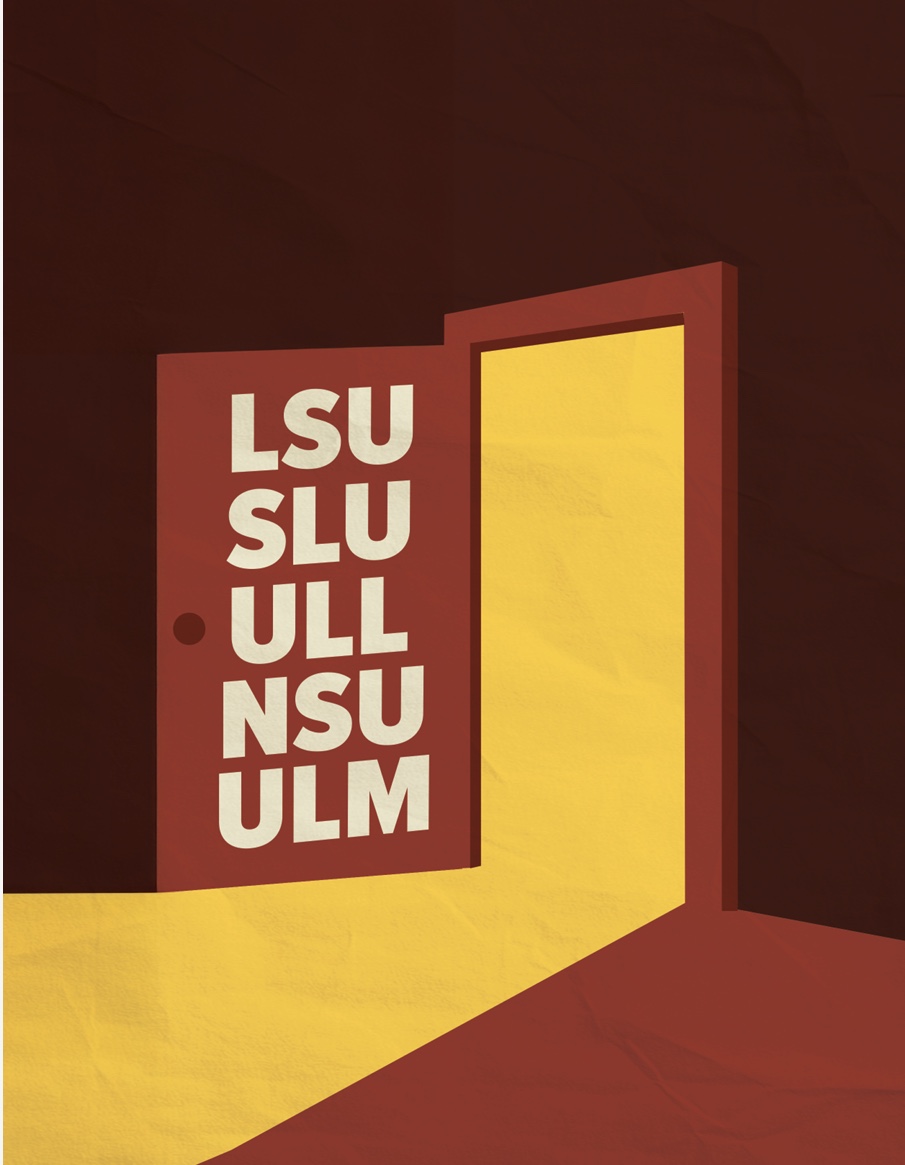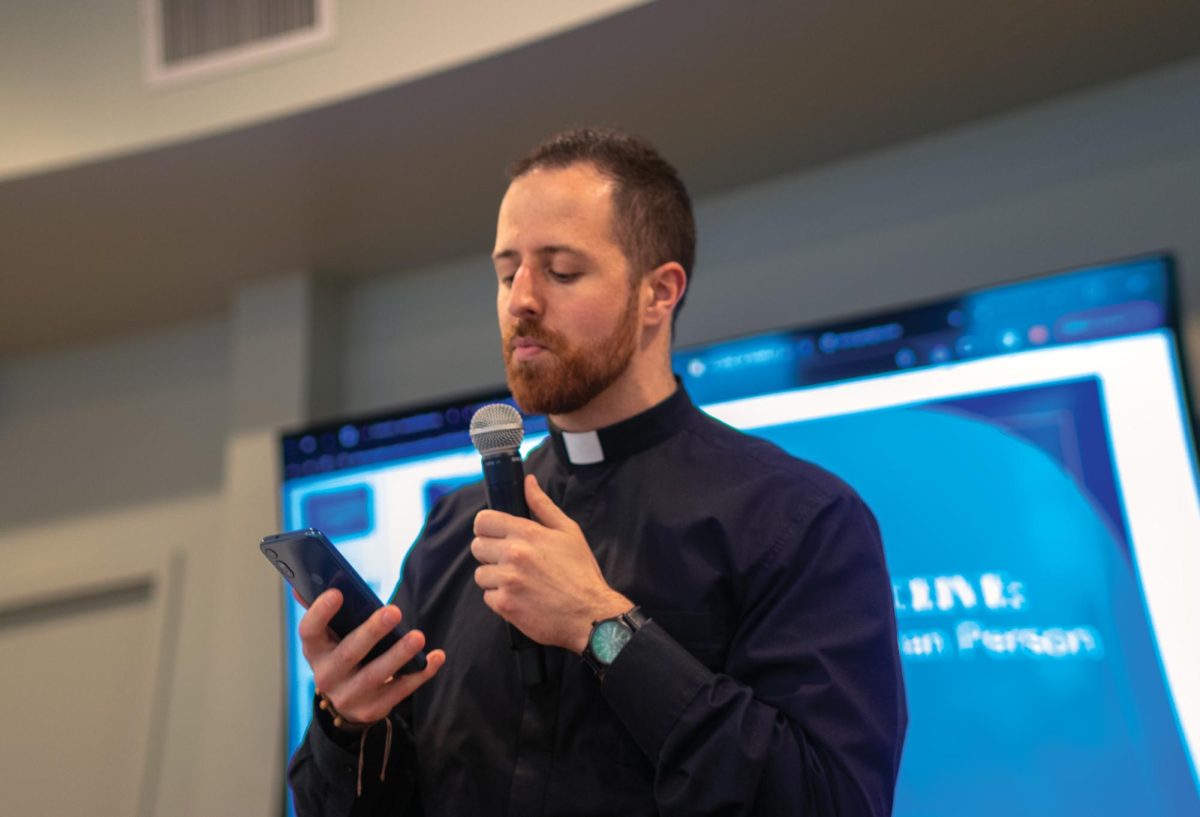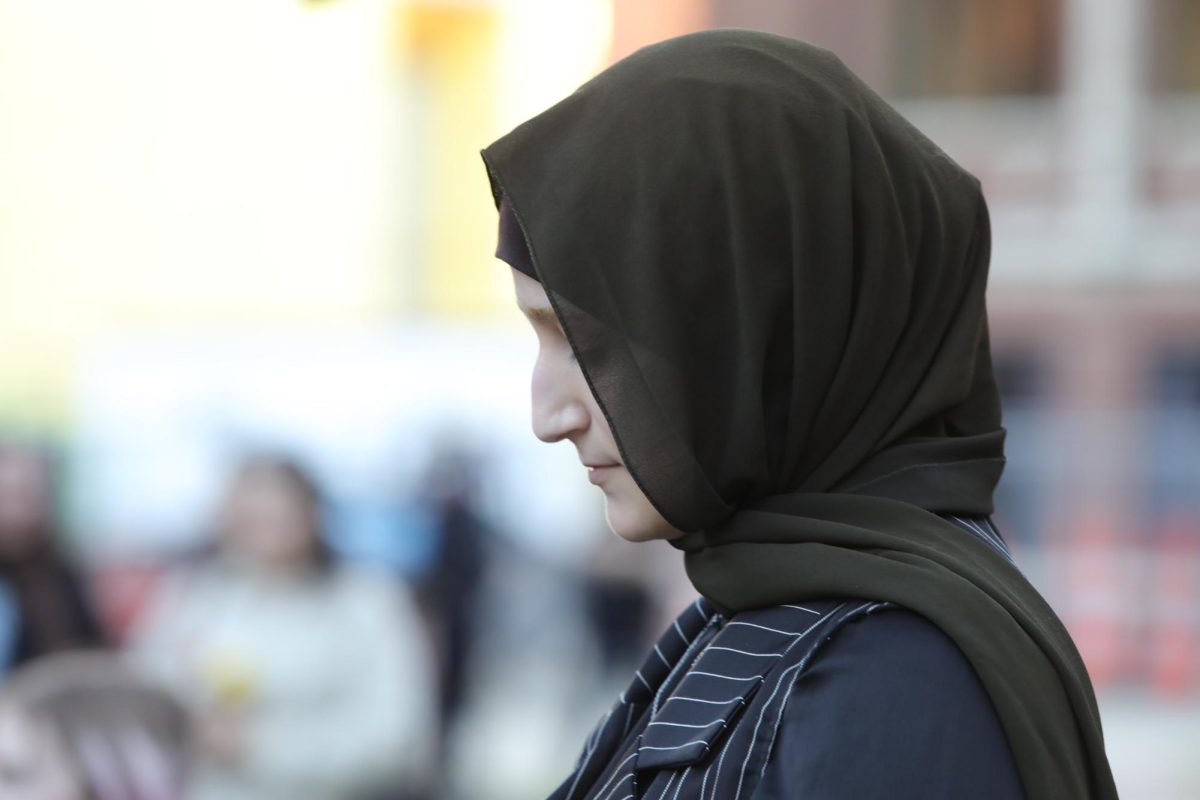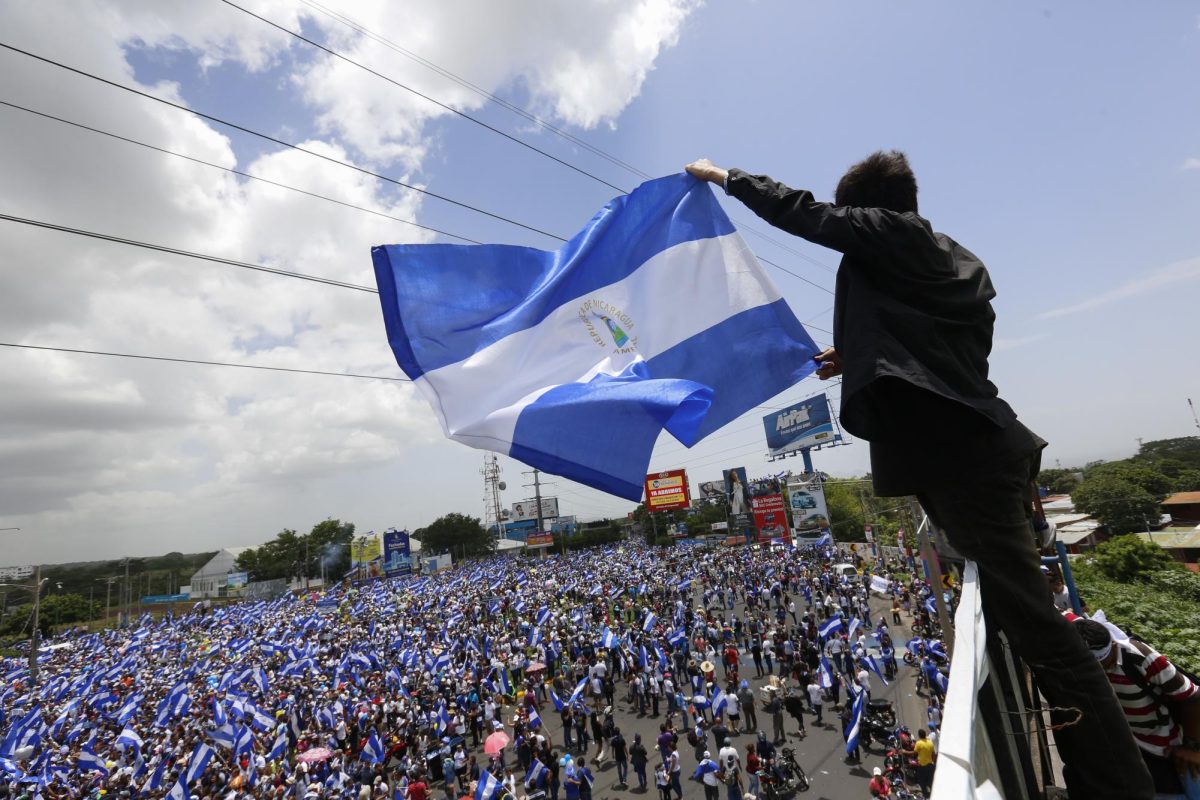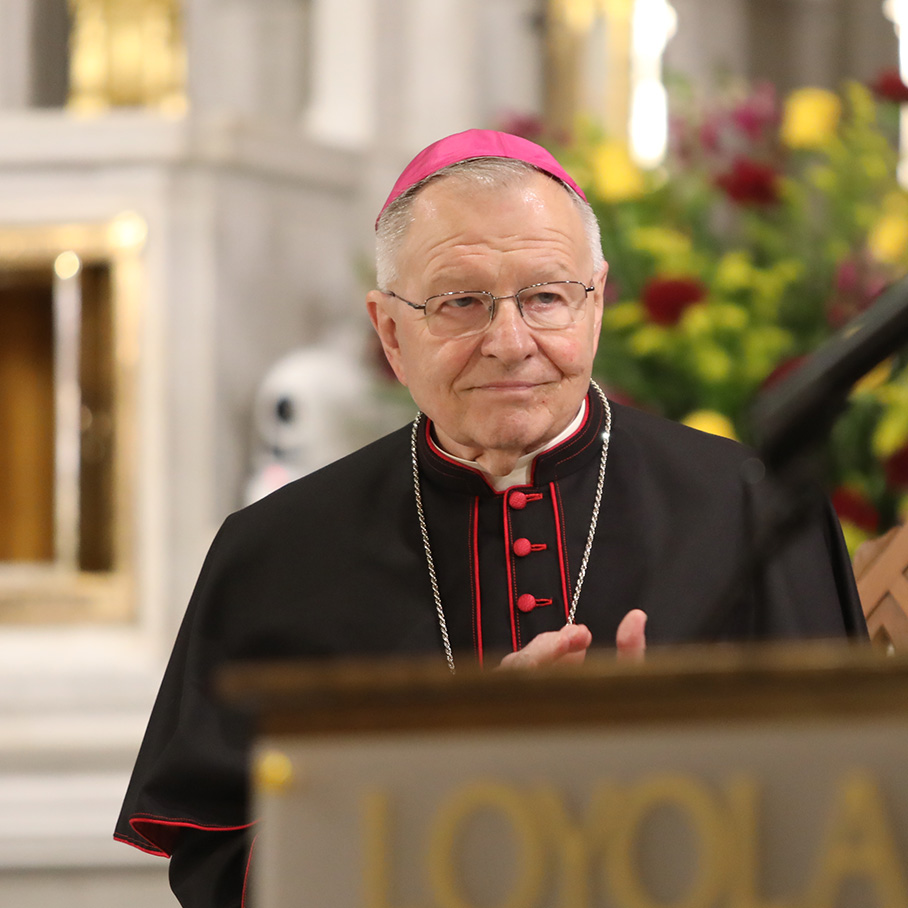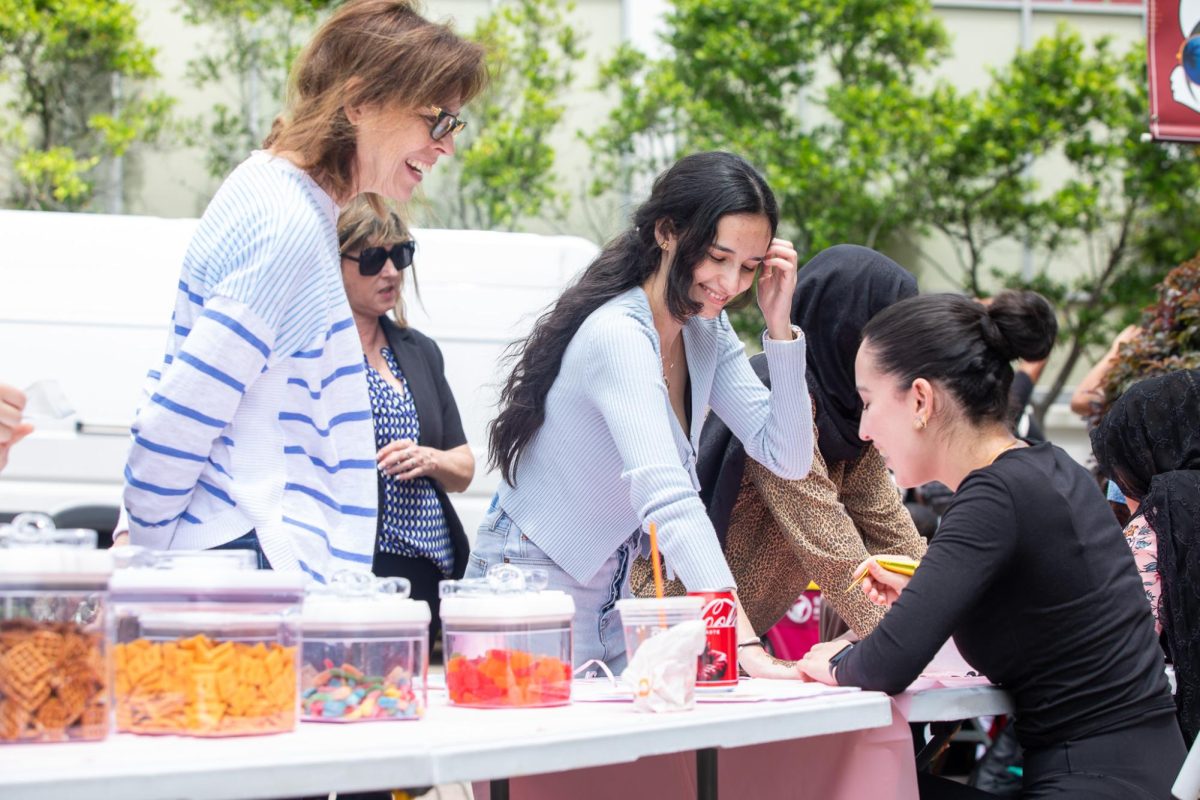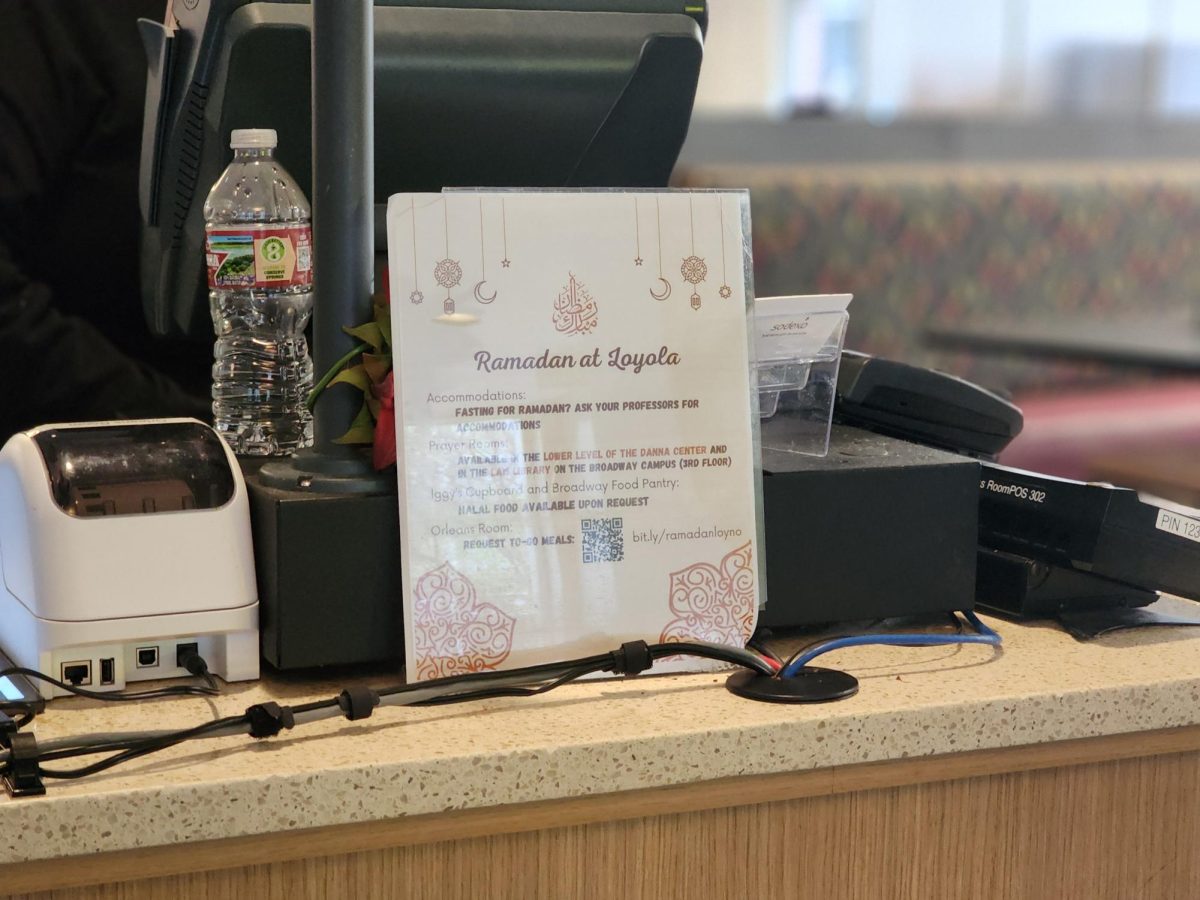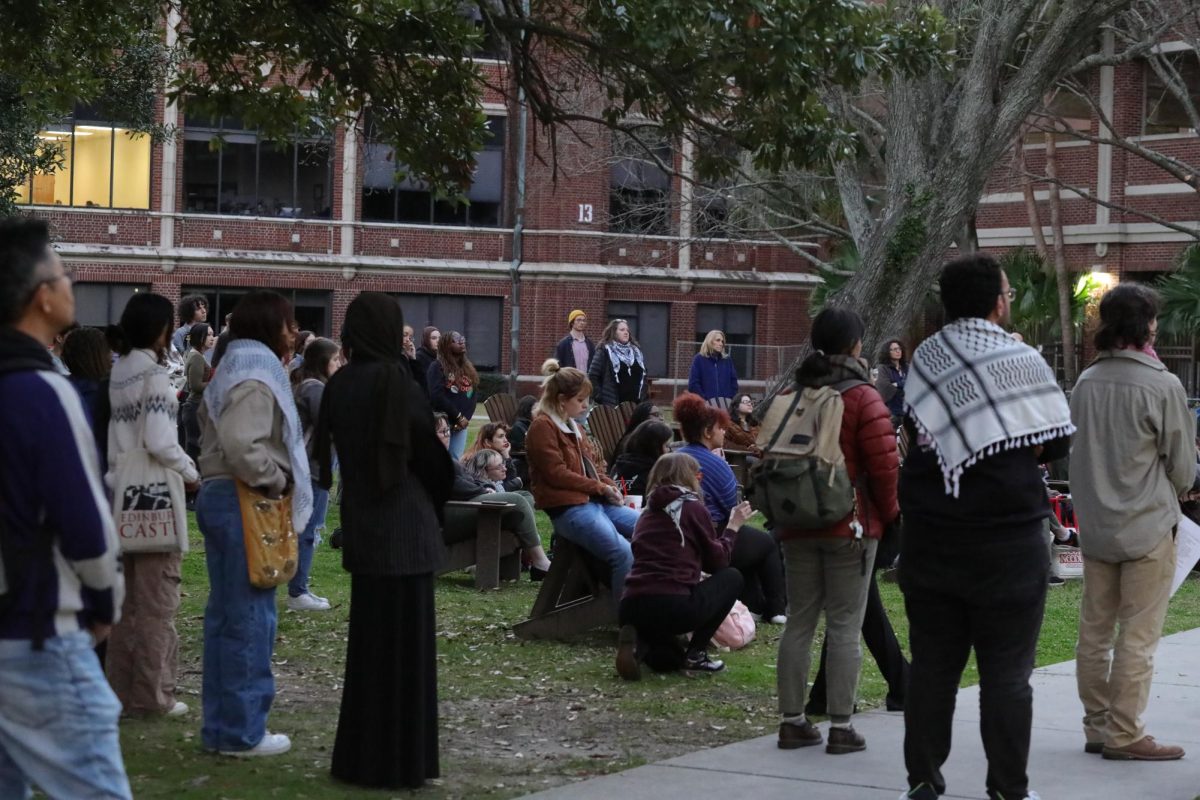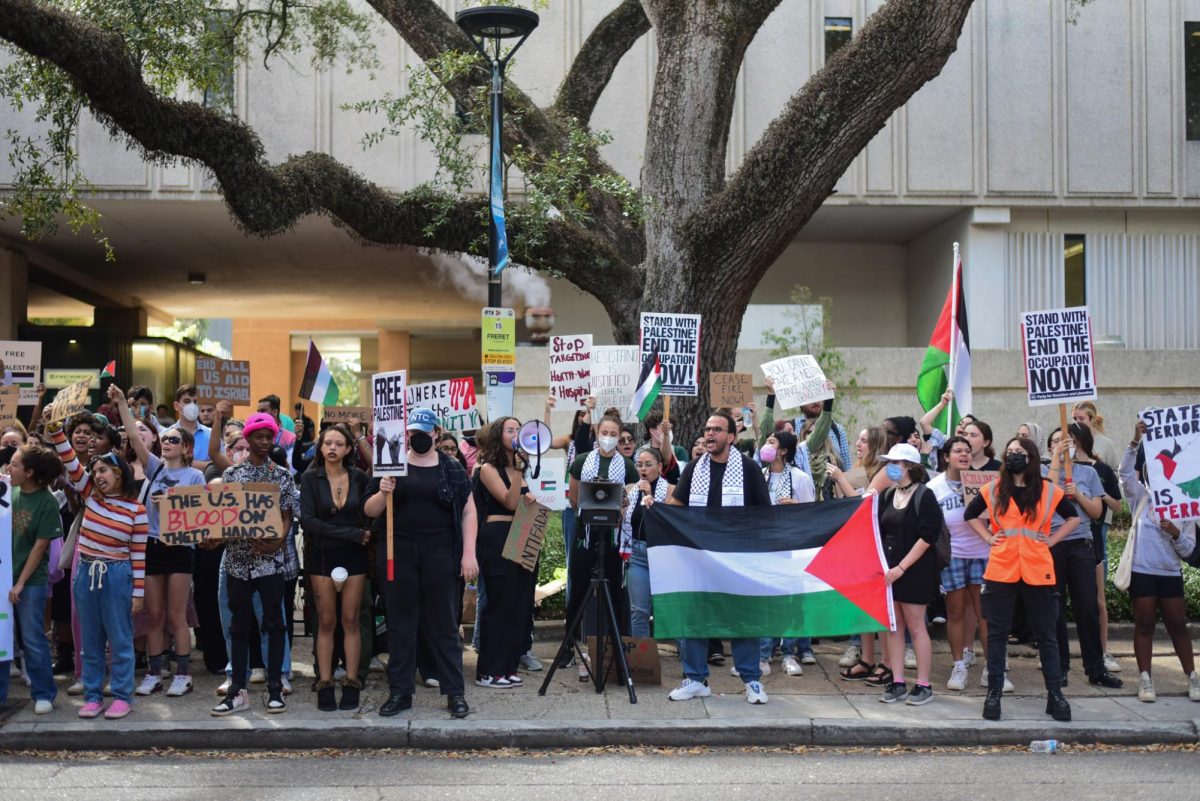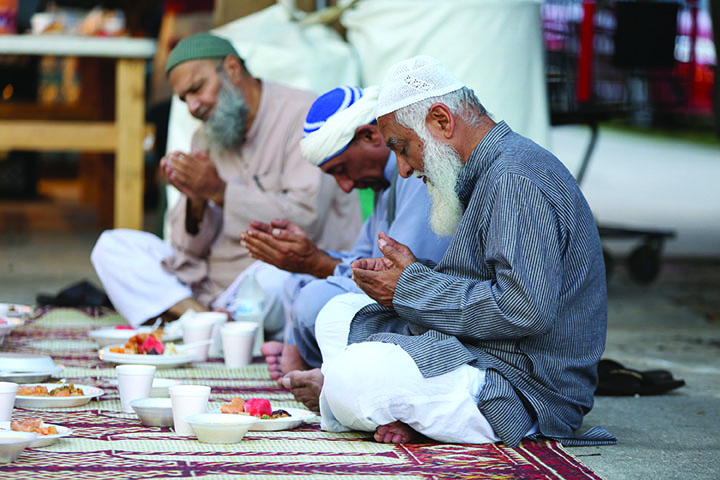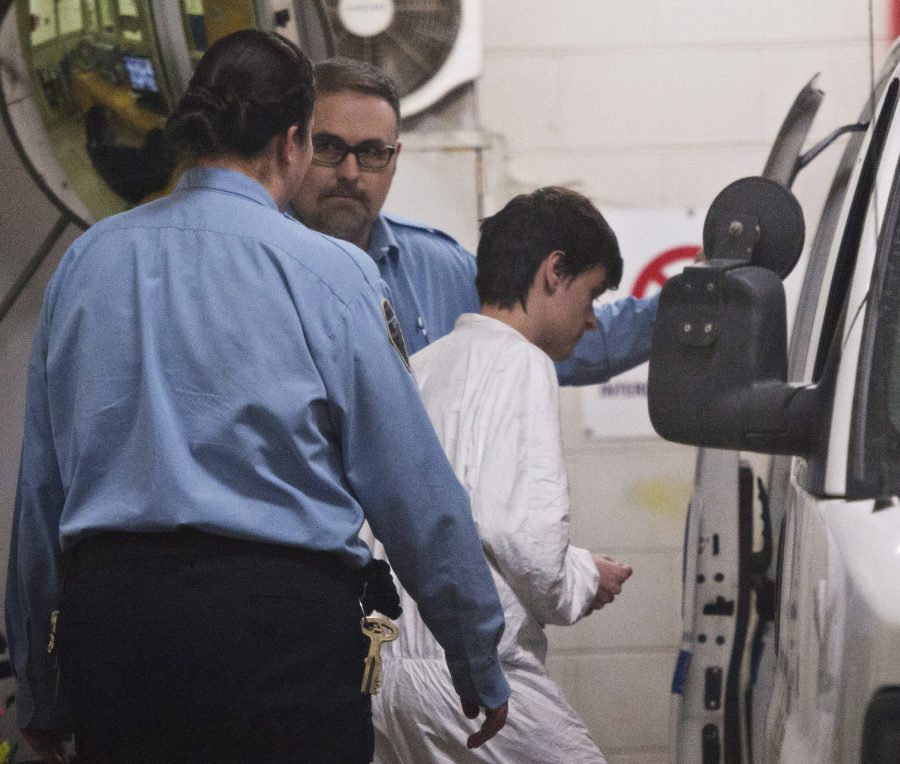A member of our staff was having a conversation with his mother and another individual. When the individual asked where his mother was from, she said she was from Israel, and the individual backed away and asked if she had a bomb. Anecdotal reactions of ignorance, like this one, come from a cultural misunderstanding stemming from prejudices intensified by 9/11.
This past Wednesday marked the twelfth anniversary of the 9/11 terrorist attacks on the New York World Trade Center. It is a gross understatement to say that the events of 9/11 changed the way that the U.S. runs – from U.S. foreign policy to travel restrictions. One of the effects of the events of 9/11 was a national awareness of Islam. However, the Islam religion became wrongly associated with the terrorist attacks and, throughout the U.S., became associated with terrorism itself.
Fear and hatred of Islam are all forms of organized discrimination, similar to anti-Semitism or any other type of religious discrimination. It is our job as individuals and as members of various communities to work together to stop inequity and hatred. So why, 12 years after 9/11, can we still tell stories about our friends who get detained for hours at airports for wearing a hijab or a turban?
Prejudice against Islam is very much alive in the U.S. today. In April 2013, following the Boston Marathon attacks, Fox News host Bob Beckel called to halt the acceptance of student visas for Muslim students, stating “…we’re going to have to cut off Muslim students coming to this country for some period of time so that we can absorb what we’ve got, and look at what we’ve got, and decide whether some of the people here should be sent back home or to prison.”
If we do not notice explicit discrimination in our community, it is easy to say that it does not exist. However, it is important to remember that it is hard to gauge the amount of implicit discrimination that happens within a group of people.
Even if you personally do not notice it within our Loyola community, prejudice against Muslims is prominent outside of Loyola and will probably continue to be a problem with which the U.S. struggles. We must unite to combat this discrimination, because religious discrimination is not only wrong but also is also a violation of the First Amendment, one of the defining laws of the U.S.
Much of discrimination is fueled by a lack of education on a people or culture. The Muslim culture does not only exist in one community or one country – it is in the world around us. Like in any religion, there are different forms of Islam, and one cannot place limits on a religion or its believers. Cultural ignorance and misunderstanding can, in many ways, be just as harmful as outright hatred for a culture.
At Loyola, we have several ways to combat cultural ignorance. Our driving Jesuit philosophy allows freedom of expression and encourages learning about the world around us. Every spring, the Tulane-Loyola Student Peace Conference holds presentations and allows students to argue for peace and explore solutions for peace in the world.
Students can also study abroad, but it is important to remember that one’s experience in a foreign country is just that – an individual’s experience. One cannot claim full cultural understanding after spending time abroad, though it helps one to develop new perspectives.
Loyola also has organizations like the Muslim Student Association, the Student Peace Initiative and the International Student Association that can also help students to learn about and understand Islam.
Even if you do not have the time to attend events held by these organizations, we must remember that it is our responsibility to work for a world in the future that is free from all forms of discrimination. Find ways to educate yourself. Together, we can become advocates against all forms of prejudice in our community.


